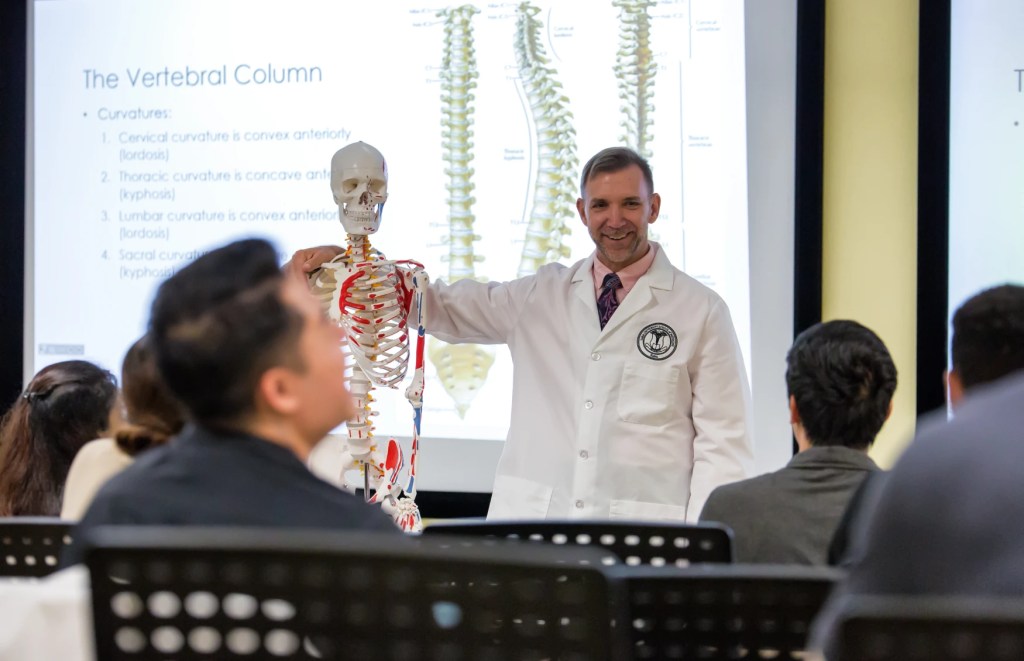
Mission and Purpose
Saba University School of Medicine was founded in 1992 with a bold mission: to provide an international option for medical education that offers high-quality education, numerous career opportunities, and affordable tuition, as an alternative to U.S. and Canadian medical schools.
With over 30 years of experience and more than 3,000 successful graduates, Saba continues to build on that mission and produce exceptional physicians who will make a positive and significant impact in their communities and around the world.
Saba University School of Medicine Mission
The Saba University School of Medicine mission is to provide students from diverse backgrounds with the opportunity to acquire the medical and clinical expertise needed for a successful career as a practicing clinician, along with the skills and confidence needed to critically evaluate and apply new information.
Our Competencies Stem from Our Mission:
Our medical values shape Saba’s student experience, impacting our curriculum, community, and extracurricular activities. The competencies that emanate from our mission are:
- Patient Care: Students are required to deliver patient care characterized by compassion, appropriateness, and effectiveness in addressing illnesses and promoting overall health.
- Scientific & Medical Knowledge: Students should exhibit a comprehensive understanding of established and evolving biomedical, clinical, and related sciences. They should also be able to apply this knowledge across the spectrum of medical practice.
- Lifelong Learning, Scholarship & Collaboration: Students must be able to examine and evaluate their patient care practices, appraise and assimilate scientific evidence, and use this information to improve their abilities.
- Professionalism: Students must demonstrate a dedication to the highest standards of professional responsibility, adhering to ethical principles and displaying sensitivity in their interactions with patients, families, colleagues, and others integral in their profession.
- Communication & Interpersonal Skills: Students must demonstrate interpersonal and communication skills that facilitate effective information exchange and the establishment of meaningful connections with patients, their families, and fellow professionals.
- Social & Community Context of Healthcare: Students should showcase an understanding of and responsiveness to the broader healthcare landscape. They need the capability to judiciously leverage system resources to provide care that optimally benefits both the individual and the community at large.